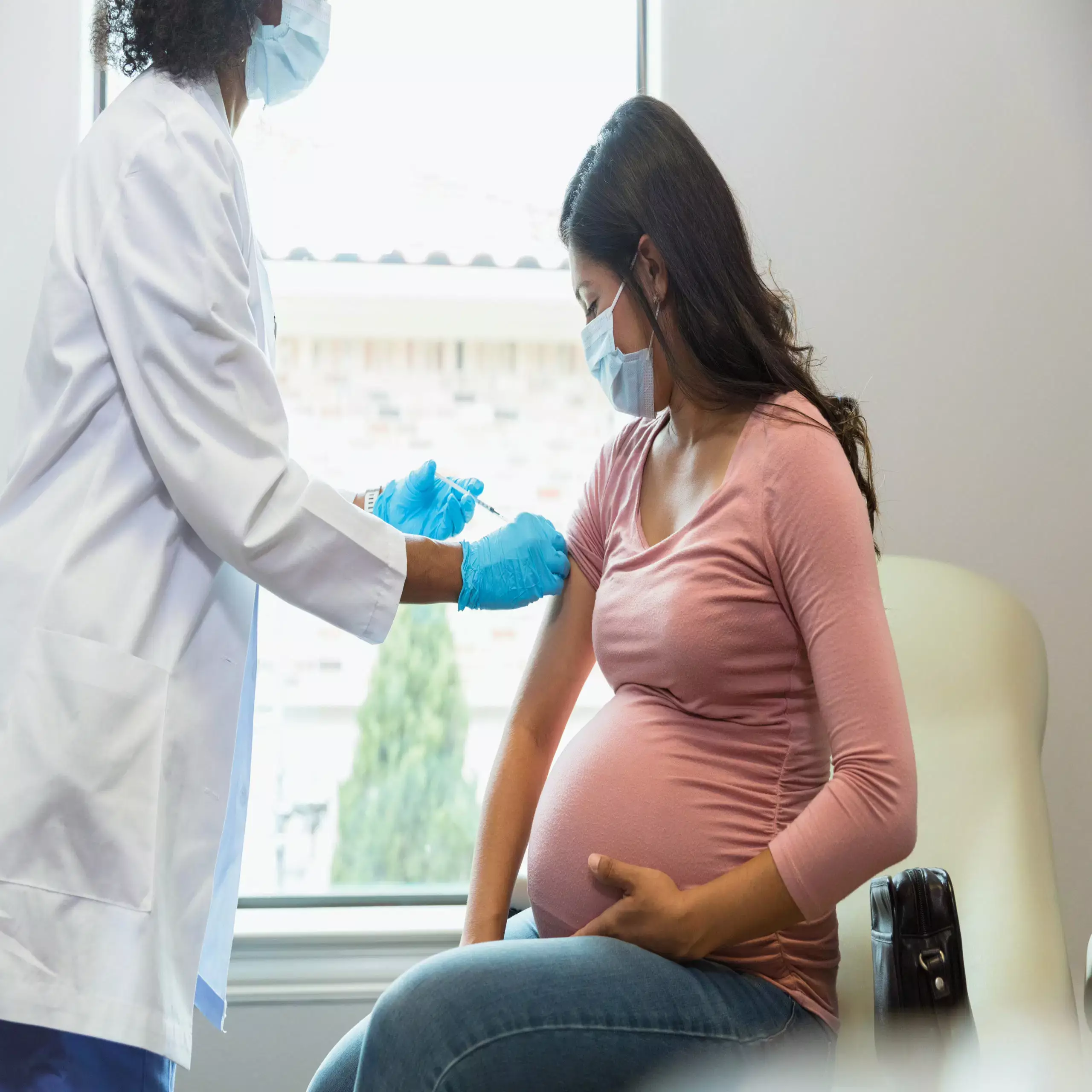As the world grapples with the ongoing challenges posed by the COVID-19 pandemic, the significance of vaccination cannot be overstated, particularly for pregnant individuals. Safeguarding both maternal and infant health starts with the proactive measure of getting vaccinated against COVID-19. With vaccines authorized for children aged six months and above and readily accessible at no cost across the United States, there exists an imperative to prioritize these vaccinations. It’s not just a matter of personal choice; it’s about fortifying the health and safety of the next generation against a serious threat that continues to loom large.
Pregnancy inherently transforms the body, placing individuals at higher risk for severe COVID-19 complications. Research indicates that pregnant persons face unique vulnerabilities due to their altered immune responses. With no current vaccines available for infants under six months, the vacuous gap in immune protection for the youngest members of society intensifies the need for pregnant individuals to receive the vaccine swiftly. Organizations like the Centers for Disease Control and Prevention (CDC) and the American College of Obstetricians and Gynecologists (ACOG) highlight the necessity of vaccination as an essential component of prenatal care.
The Science Behind Transferring Immunity
Advancements in research have illuminated the efficacy of mRNA vaccines in protecting both mothers and their developing babies. A groundbreaking study published in The Journal of the American Medical Association (JAMA) demonstrated, for example, that maternal vaccination during pregnancy substantially increases antibody levels in cord blood compared to infants born to unvaccinated or COVID-infected mothers. Findings indicate that infants whose mothers received two doses of the vaccine during pregnancy had enduring IgG antibody levels at six months of age, showcasing a remarkable level of protection.
These insights delineate the critical period for vaccination: it appears that timing complexly interacts with the efficacy of transplacental transfer of antibodies. Those who receive vaccination during the early third trimester have been shown to afford higher antibody levels, both in blood and umbilical cords. Given that the fully realized benefits of the vaccine can dramatically alter outcomes for newborns, ensuring complete vaccination before birth becomes paramount.
The Protective Powers of Antibodies
The persistence of protective antibodies in breastfeeding infants is a critical consideration for new mothers navigating the complexities of COVID-19. Infants born to vaccinated mothers exhibit significantly reduced hospitalization rates due to COVID-19 infections, highlighting the protective shield conferred through maternal vaccination. Data reveals that babies born to vaccinated mothers were 61% less likely to experience severe health complications related to COVID-19 compared to their unvaccinated counterparts.
An analysis from Massachusetts General Hospital led by Dr. Andrea Edlow speaks to the longevity and effectiveness of antibodies transferred via the placenta—arguing that the durability of the antibody response highlights the importance of vaccination, not only for maternal health but also for optimal infant well-being.
However, the reality is stark; only 67% of pregnant individuals in the U.S. have chosen to get vaccinated. This low uptake is concerning given the high stakes, and it suggests a need for more robust public health messaging. As Galit Alter, PhD, from the Ragon Institute, underscores, the research should serve as a call to action for expectant mothers. They must be encouraged and empowered to make informed decisions that fortify both their health and that of their children.
Strategies for Effective Vaccination Timing
For those already fully vaccinated pre-pregnancy, timing booster doses effectively can further enhance defense mechanisms for infants. Evidence suggests that the optimal window falls between weeks 20 and 32 of gestation. This interval not only amplifies maternal antibody levels but maximizes their transfer to the fetus, thus offering the best possible immunological starting point at birth.
Moreover, it’s critical for healthcare providers to educate expecting mothers on the timeline and importance of vaccinations—integrating these discussions into routine prenatal visits can foster a culture of proactive immunity. Each encounter presents an opportunity for healthcare professionals to provide tailored advice and address concerns, reinforcing the idea that vaccinations are a pillar of maternal and child health strategy.
Catalyzing Change Through Advocacy and Awareness
As our understanding of COVID-19 and its implications for vulnerable populations deepens, the advocacy for vaccination among pregnant individuals should gain momentum. Community outreach, educational campaigns, and accessible healthcare provisions are crucial in driving a resurgence in vaccination rates. Highlighting personal stories and testimonials can also resonate deeply, helping to dismantle hesitations rooted in fear or skepticism surrounding the vaccine.
The crux of the matter lies not only in the individual choices of pregnant women but also in the collective responsibility to safeguard the health trajectory of future generations. By prioritizing vaccine uptake, we are not merely protecting individuals; we invest in the larger public health framework that fosters resilience against infectious diseases. It’s a fundamental necessity in creating a healthier society, ensuring that every child has the robust foundation required to thrive amidst ongoing public health challenges.

